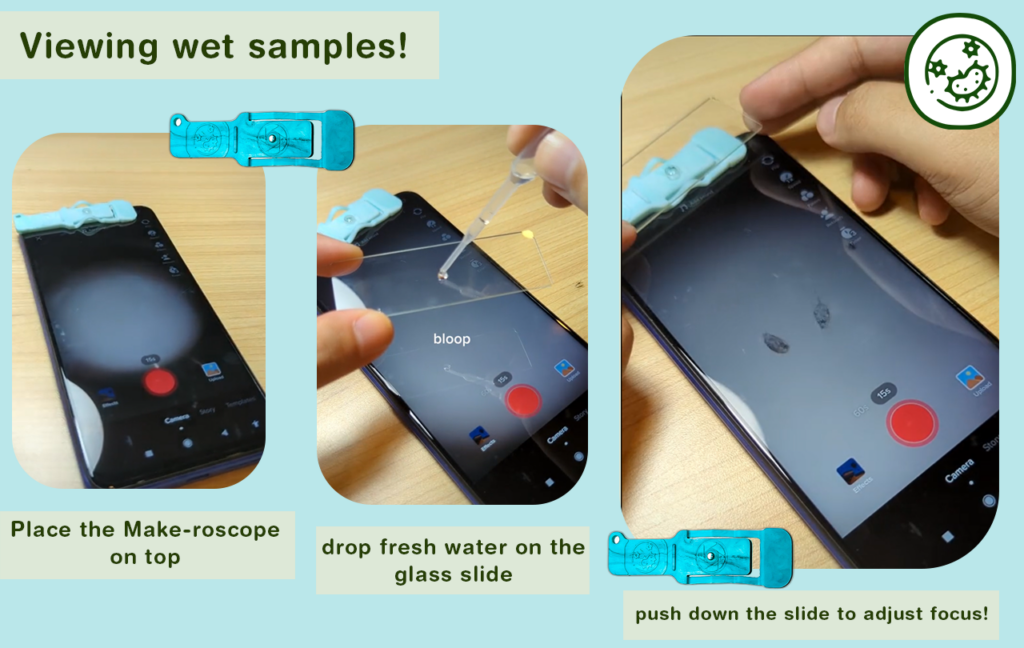Pinoy inventor’s keychain microscope wins int’l design award

Photo from jamesdysonaward.org
Another young Filipino inventor makes a significant impact in the country’s science and technology sector after his “Make-roscope” secured this year’s top prize in the Philippine leg of the James Dyson Award.
At first glance, the idea of a microscope as small as a regular keychain might seem far-fetched. However, thanks to Filipino changemakers like Jeremy De Leon, we now have more affordable and easier-to-use alternatives to expensive light compound microscopes.
The 28-year-old manufacturing engineering graduate of Mapua University developed “Make-roscope,” a single-lens keychain microscope that can be used on mobile devices.

“Make-roscope” is designed to be placed on top of any smartphone or tablet, magnifying samples on a microscopic slide up to 400 times. According to De Leon, this invention allows students, teachers, and science enthusiasts to explore the microscopic world right at our fingertips.
“We are setting an example that innovation can be affordable, cheap, simple, and especially intuitive, ensuring that no Filipino student gets left behind,” De Leon shares on what the invention is all about.
“Make-roscope” bridges the gap
Through this breakthrough, De Leon aims to aid Filipino students in their science, technology, engineering, and mathematics education, addressing the issue of inadequate learning materials.
The lack of science laboratory equipment in many Philippine schools impedes students from actively participating in hands-on scientific experiments. According to the Department of Science and Technology, while science can be taught through textbooks, the effectiveness of learning in this field is enhanced when practical applications are introduced. This highlights the concerning fact that more than 4,500 high schools in the Philippines lack functional and dedicated science laboratories.
“Usually, in a school laboratory, a microscope is shared by around 10 students. With “Make-roscope,” it’s possible to have one for each student,” the young inventor remarked during Dyson’s media event on Monday.
“Usually, in a school laboratory, a microscope is shared by around 10 students. With ‘Make-roscope,’ it’s possible to have one for each student,” the young inventor remarked during Dyson’s media event on Monday
Besting 47 entries from 12 universities in the country, De Leon’s “Make-roscope” includes an information card, tweezers, keychain, cleaning cloth, blank glass slides, prepared specimen, pipette, specimen tubes, and cotton swabs. Moreover, he said that the invention has benefited over 3,000 Filipino students and teachers to date.
“Because of the James Dyson Award, we will expand our goal of reaching not just Filipino students but every student in the world… and we will have more researchers, scientists, engineers, innovators and especially change-makers,” de Leon said.
The “Make-roscope” will progress to the international stage of the competition.

